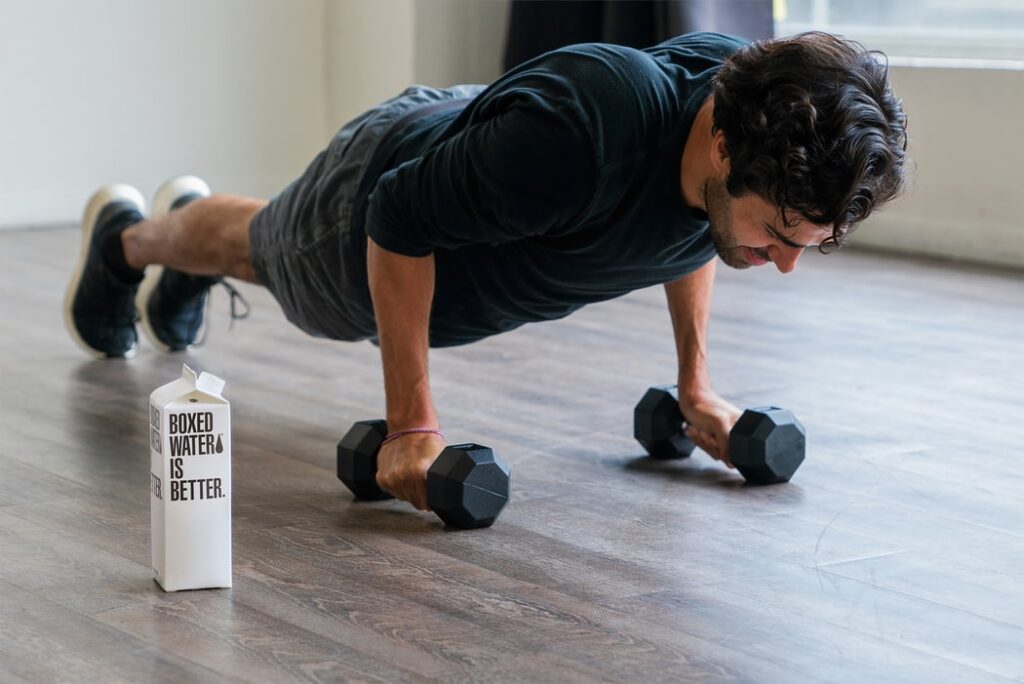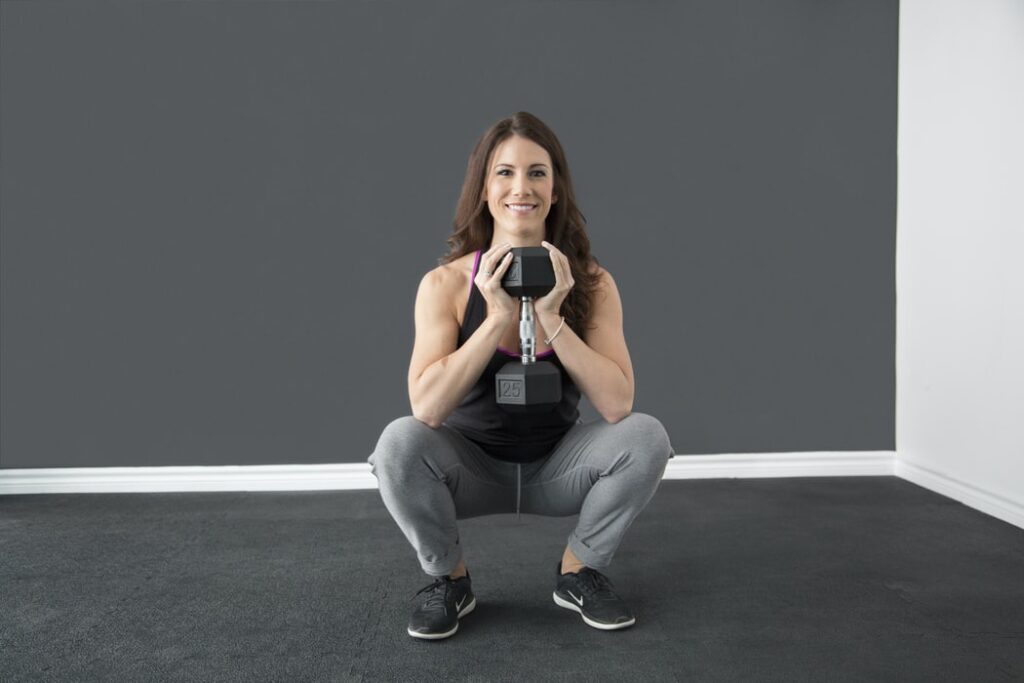COVID 19 brought with it a shutdown of everything, curfews, and stay-at-home orders. While self-isolation is not particularly ideal, it is a necessary action that will help keep us safe and healthy.
Cramming in all of our daily activities like work and schooling may make the house feel overwhelming, hence the need to find ways to stay strong in mind and body during this challenging time. Here we are going to describe how you can stay fit at home, maintain a proper diet and the best ways to use supplements for stronger health and immunity.
Exercising at Home

Staying at home constantly may make you feel like every single day is the same. You tend to spend most of your day sitting on a chair or the sofa thus cutting out circulation. Exercise stimulates a healthy flow of oxygen-rich blood throughout the body, which is essential for overall health and sharpness of mind. Break out of that rut by establishing some physical health goals. The pandemic may have led to the closure of all public facilities, including gyms, but there are other ways to engage in some physical activities at home with little to no equipment.
If you have a good internet connection in your house, you can take an exercise class online. There are plenty of free videos on YouTube that you can partake all kinds of workouts such as aerobics, yoga, Pilates and many more.
Performing bodyweight exercises, such as push-ups, pull-ups, wall squats, and sit-ups can be done anywhere, whether in the corner of your bedroom or outside in your garden. Take a long walk around the neighbourhood to stretch your legs and get a fresh breath of air while you’re at it.
Ensure a well-balanced diet

Being at home has brought with it a shift in finding healthier eating habits. This has allowed many to try new, healthier ways of cooking and eating. Try to stick to a meal schedule. Eating healthy meals at home helps you cut down on fat, salt, and sugar. Some of the best ways to remain healthy at home is;-
- Eating plenty of fruits and vegetables instead of random snacks,
- Eat less processed meat and less red meat,
- Following a designated meal plan to regulate consumption and prevent overindulgence
- Eating foods made from whole grain instead of refined grain such as cereals, rice and bread
- Avoiding take-out foods that can be highly processed or packed with more saturated or trans fats
- Staying hydrated to keep the body with stronger immunity
Taking Proper Supplements

There have been scientific studies that have been conducted to deduce the use of supplements to help fight the spread of the Covid 19 virus. Some studies have looked at outcomes of patients who routinely take certain supplements and found some promising hints. But so far there’s little data that gives doctors confidence when recommending supplements.
Human studies to determine their plausibility for the prevention and treatment for the virus are still ongoing. When President Donald Trump was diagnosed with COVID-19, his arsenal of medication and supplements to help treat him included Vitamin D and zinc. Anthony Fauci, an infectious disease expert, recommended vitamins C and D as ways that might generally boost the immune system. Here are some supplements that the medical sector has deduced their immune-boosting potential.
● Zinc
Zinc, a mineral found in cells all over the body, is found naturally in certain meats, beans and oysters. It is known to be important for immune white blood cell development and antibodies to help fight infections. Zinc deficiency increases inflammation and decreases the production of antibodies.
High-dose zinc has also been found to reduce the duration of symptoms of the common cold, which is frequently caused by the coronavirus. Zinc deficiency affects around 2 billion people worldwide and is very common in older adults. Studies suggest that using a supplement right after symptoms start might make them go away quicker.
This is why supplementing with zinc may help protect most adults against respiratory tract infections and reduce the effects of the coronavirus.
● Vitamin D
Vitamin D is a fat-soluble nutrient that enhances white blood cells that are important parts of your immune defence — and decreases inflammation, which helps promote an immune response. Certain foods, including fish and fortified milk products, are high in vitamins.
Vitamin D supplementation has also been shown to decrease the incidence of acute respiratory infection. Its deficiency is known to increase cases of acute respiratory infections. This suggests an overall protective effect.
The recommended daily allowance for adults is 600 to 800 international units per day, and the upper limit is considered to be 4,000 IU per day.
● Vitamin C
Ascorbic acid, or vitamin C, is an antioxidant that helps reduce the risk of viral respiratory infections and pneumonia. This vitamin supports the function of various immune cells and enhances their ability to protect against infection and inflammation.
Vitamin C protects against damage induced by oxidative stress, caused by accumulations of reactive molecules. Oxidative stress can negatively affect immune health and is linked to numerous diseases.
Taking vitamin C supplements reduces common cold occurrence and duration in individuals. It’s found naturally in fruits and vegetables, especially citrus, peppers and tomatoes. However, studies on these are still being done on its potential to treat Covid 19.
Conclusion
Many supplements on the market may help improve immune health. Zinc, elderberry, and vitamins C and D are just some of the substances that have been researched for their immune-enhancing potential.
However, there’s no scientific evidence to suggest that any of them can protect against COVID-19 — even though some of them may have antiviral properties. Some supplements are not best for everyone; they may counteract with some drugs they could be taking. It is best to always consult first before taking any supplements.
To maintain a healthy lifestyle including a strong immune system that fights off infection and disease, you should eat nutritious and a balanced diet, engage in regular physical activity, reduce alcohol intake and get enough sleep.
